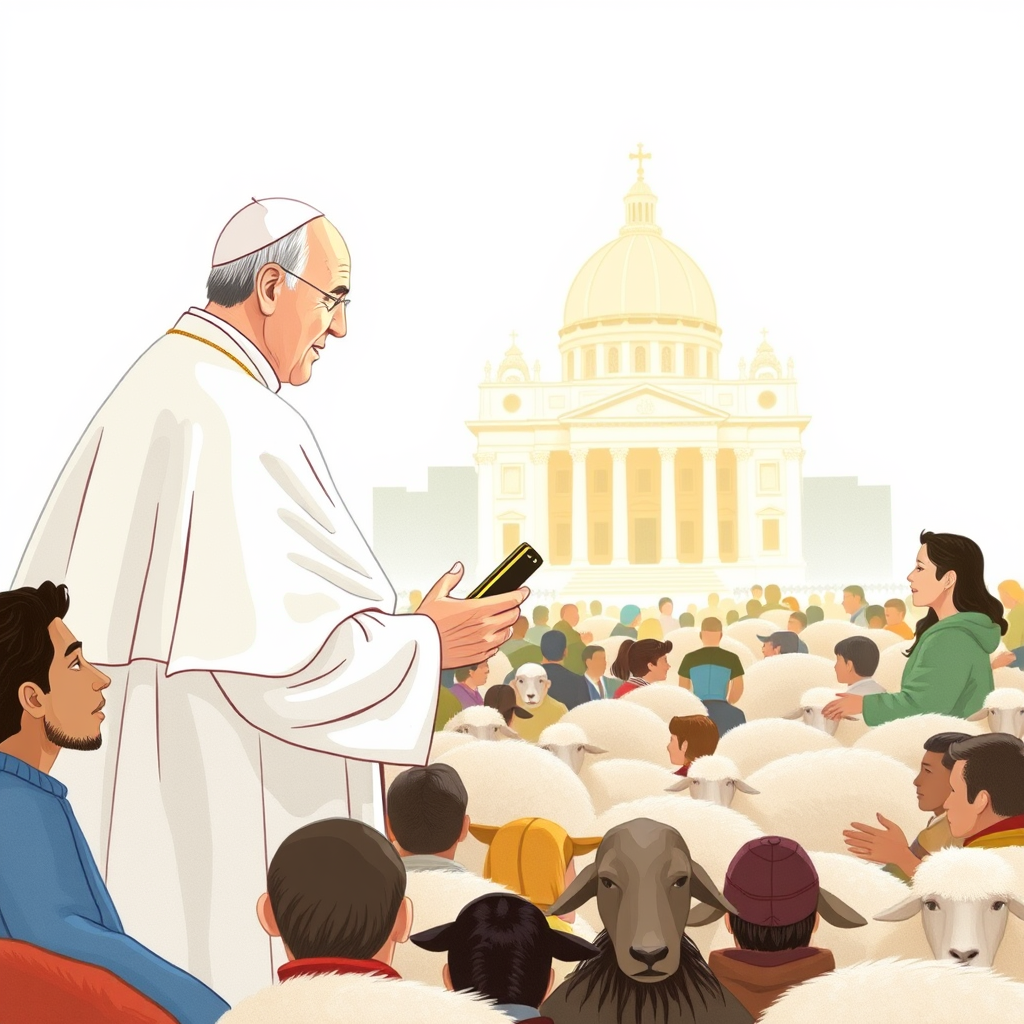Pope Francis: Legacy, Scandals, and Historic Firsts

Pope Francis, nearing a decade as head of the Catholic Church, has presented a markedly different pontificate, one characterized by both progressive stances and traditional challenges. His papacy, documented extensively in Austen Ivereigh’s biography, has been defined by a commitment to social justice, interfaith dialogue, and a humble lifestyle, earning him the moniker “the world’s parish priest.”
Francis’s emphasis on serving the marginalized is evident in his actions – from washing the feet of prisoners to his extensive outreach to refugees and the poor. He’s actively sought to reform the Vatican bureaucracy, advocating for a church that is less focused on power and more on pastoral care. His embrace of social media, setting Instagram records upon joining, reflects a deliberate effort to connect with a wider audience, particularly younger generations, and counter criticisms of the Church’s relevance in the modern world.
However, his tenure hasn’t been without controversy. While lauded for his progressive views on climate change and poverty, his handling of the sexual abuse crisis within the Church remains a significant point of contention. Despite promises of transparency and accountability, critics argue that his reforms haven’t gone far enough to address systemic issues and protect victims.
Francis’s efforts to bridge divides extend beyond the Church itself. His historic visit to the United Arab Emirates, the first by a pope, and his co-signing of a document promoting human fraternity with the Grand Imam of al-Azhar, signaled a commitment to interreligious dialogue. Similarly, his “pilgrimage of penance” to Canada, where he apologized for the abuses suffered by Indigenous peoples in residential schools, demonstrated a willingness to confront the Church’s historical failings.
His appointments of cardinals from diverse backgrounds – Morocco, Indonesia, Guatemala, and the Democratic Republic of Congo – reflect a desire to create a more inclusive and representative Church. This move, alongside his open discussions about death and legacy, suggests a pope keenly aware of his mortality and determined to leave a lasting impact.
Ultimately, Pope Francis’s papacy represents a complex and evolving narrative. He’s a figure who has simultaneously challenged and comforted, inspired and frustrated. While his progressive stances have resonated with many, particularly those disillusioned with traditional institutions, his handling of critical issues like the abuse crisis and internal reform continues to draw scrutiny. His legacy will likely be defined by his efforts to modernize the Church while upholding its core values, and his unwavering commitment to serving the most vulnerable members of society. He’s undeniably reshaped the image of the papacy, presenting a more human and accessible face to the world, even as the Church grapples with enduring challenges.